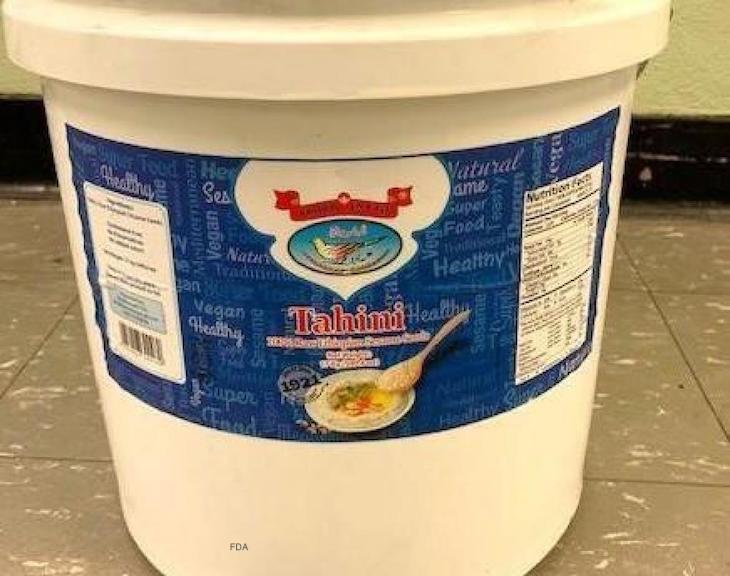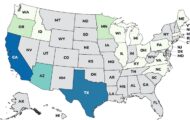The FDA has issued a warning letter to tahini supplier Brodt Zenatti Holdings in Jupiter, Florida, which imported tahini from Israel that was linked to a multistate Salmonella outbreak this spring. That outbreak sickened at least six people in ten states; one patient was hospitalized. This was the first warning letter issued under the authority of the 2011 Food Safety Modernization Act Final Rule on Foreign Supplier Verification Programs (FSVP) for Importers of Food for Humans and Animals.

The FSVP regulation requires that importers perform risk-based activities to make sure that food they import into the U.S. meets applicable food safety standards. FDA has been conducting FSVP inspections since 2017. They help importers understand the requirements and how to make corrective actions. The FDA conducted an inspection at the Brodt facility on May 17, 2019.
The warning letter states that the facility was not in compliance with the requirements of 21 CFR Part 1 subpart L, with “significant violations”. Karawan brand tahini, which is stored at Brodt’s facility in Florida, was implicated in the outbreak. The company did not develop an FSVP as required for the sesame paste tahini that was manufactured by Karawan Tahini and Halva in the West Bank.
In addition, Karawan brand tahini is subject to Detention Without Physical Examination (DWPE) at the U.S. border per import alert 99-19, since the product was contaminated with Salmonella bacteria.
Epidemiologic and trackback analysis of records and information supplied by firms along the distribution chain found that Karawan brand tahini was the likely source of the outbreak. Salmonella Concord was isolated from a sample of Karawan tahini analyzed by the New York City Department of Health during the investigation.
The company has 15 working days to respond to the letter and make corrective actions, documenting them with information that will help the FDA evaluate corrections. The Salmonella Concord outbreak that was linked to imported Karawan tahini ended in June 2019.




